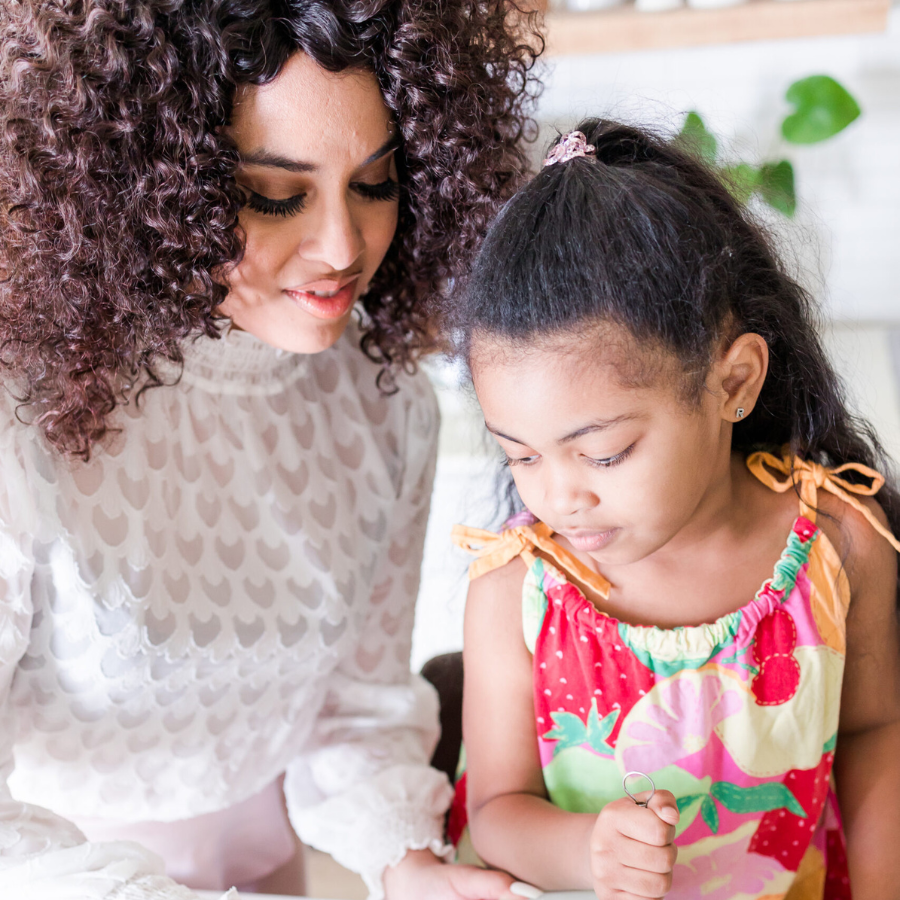“Fareeda knew that no matter what any woman said, culture could not be escaped. Even if it meant tragedy, even if it meant death…It took more than one woman to do things differently; it took a world of them.”
Etaf Rum
The quote above is from A Woman is No Man. This book really got me thinking about the relationship between culture and patriarchy. While this book is written from the Palestinian-American experience, it prompted me to think about my own culture’s (Black American) relationship with patriarchy.
The Culture Police
In A Woman is No Man, one of the major themes is that women are responsible for preserving culture. We see this through the wives and mothers who are supposed to teach their sons, but mostly their daughters, the foundational aspects of culture. We burden the women and girls with the responsibility of upholding strict values in order to protect the reputation of the family, especially the fathers, and husbands. We see that it is the women who police the behavior of other women and girls in order to control and “protect” this culture.
As the quote above suggests, one woman can’t break this cycle. If one woman speaks out against the ways culture is linked to patriarchy, we see her a deviant. Just as women are the primary enforcers of culture, so do they become enforcers of patriarchy, which harms them. It takes a world of women to do things differently.
I do want to take a pause here and acknowledge Muslim and Middle Eastern cultures in general oftentimes get slapped with labels that imply that they are so patriarchal and misogynistic. I am not a voice from this culture, and I don’t want to only promote a one-sided paternalistic view that “western values” (because western values are also very racist, imperialist, patriarchal, and misogynist) will save these “oppressed” women. I was using this book as the catalyst that made me start connecting the dot of culture and patriarchy in my own culture, as it happens in ALL cultures in some form or fashion.
Culture is an Enabler
I found a definition of codependency (actually it was just the first thing that came up when I googled codependency, and it is pretty reductive for human relationships) I like in this context of culture and patriarchy:
An unhealthy dependence on relationships. The co-dependent will do anything to hold on to a relationship; to avoid the feeling of abandonment. An extreme need for approval and recognition. A sense of guilt when asserting themselves. A compelling need to control others.
In order for patriarchy to survive, it has to be codependent on culture. Culture (and tradition) becomes the vehicle for people to accept and normalize patriarchy. When someone challenges patriarchal aspects tied to culture, they are separated from that cultural identity, whether they choose to distance themselves or the group sees them as an outsider. Patriarchy controls us through that sense of culture because, at the end of the day, we all just want to belong.
Culture is an enabler. Enablers justify or indirectly support unhealthy tendencies. When we use culture as an excuse for patriarchal violence, we are enabling that violence.
How Culture and Patriarchy Show Up in My Life
A few weeks ago, I was rereading Unbound: My Story of Liberation and the Birth of the Me Too Movement by Tarana Burke. When Tarana was recounting how she had to protect the men in her life, both her abuser and her stepfather who would go to jail to protect her, at seven years old. We shouldn’t burden children to protect the adults in their life. Oftentimes, Black women and girls find themselves in this predicament.
In my experience, many Black women protect the Black men in their lives after these Black men are subject them to patriarchal violence. Police violence and mass incarceration affect a disproportionate rate of Black men in America. Many Black women choose their race (i.e. culture) over their gender when they decide to stay silent after Black men victimize them. Even how Black women activists are vocal and visible in the fight for Black men, we don’t see as many Black men show up and advocate for Black women.
I see culture protecting patriarchy every time I see a Black man tear down Black women activists for speaking out against patriarchal violence. These Black men often claim that these Black women activists work alongside white supremacy to bring down the Black man, or they reduce the activists to hating men in general. Black women also tear these Black women who speak out against patriarchal violence.
We saw this with Meg Thee Stallion. We saw this with R. Kelly. We saw this with the therapist on TikTok who lost her job.
Culture needs to leave this codependent relationship with Patriarchy. We can’t figure out how to end patriarchy and patriarchal violence until we create new ways of culture that don’t enable it. And like Fareeda said, it will take a world of women, but also men, to do it.


